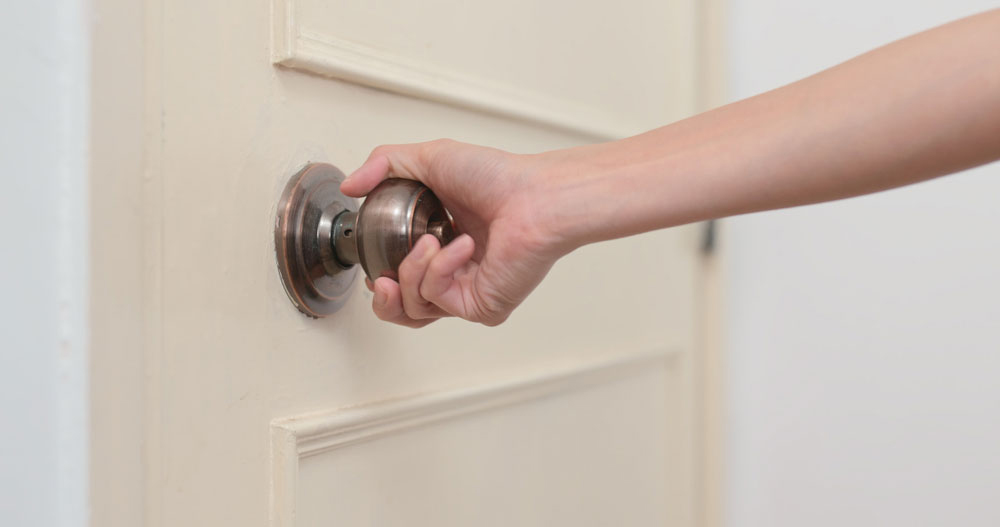Movies and TV shows often portray obsessive-compulsive disorder as a personality quirk leading people to be tidy and overly organized. However, these simplistic depictions downplay the severe impact OCD can have on your quality of life.
What Is OCD?
OCD is a mental health challenge characterized by a cycle of intrusive thoughts and repetitive behaviors. Living with OCD involves frequent, pervasive, and uncontrollable obsessions, often involving unrealistic scenarios that elevate daily worries to the extreme. The compulsions are specific behaviors taken to ease anxiety or ward off disaster.
Unlike the understandable desire to keep a clean, well-organized home, OCD obsessions and compulsions are irrational and extremely time-consuming, leading to distress and functional impairment. Magical thinking is a classic OCD trait. Believing particular actions can prevent unwanted outcomes forces people to adopt elaborate routines that significantly interfere with their daily lives.
How OCD Can Manifest
OCD manifests in various forms, each with unique obsessions and compulsions.
- Contamination and cleaning: People with an irrational fear of germs, dirt, or sickness will obsessively clean and sanitize their hands, surfaces, and household objects.
- Symmetry and arranging: Sometimes, OCD causes an intense desire for things to be perfectly neat or symmetrical. You may continue positioning or aligning objects until it feels “just right.”
- Harm and checking: Testing items like door locks, appliance on/off switches, and other items to prevent damage or disaster.
- Hoarding: If you never throw anything away in case you might need it someday, you may amass so many belongings that your home becomes cluttered, adding to your stress.
- Intrusive thoughts: Performing mental rituals like counting, praying, or repeating words silently to neutralize unwanted, distressing thoughts or violent images.
Ways to Manage OCD
Getting OCD under control typically involves a combination of psychotherapy and medication. At Palm Springs Behavioral Health, the evidence-based treatments for OCD we use include cognitive behavioral therapy, exposure and response prevention, and acceptance and commitment therapy. These strategies focus on changing negative thoughts, learning to resist the urge to engage in compulsive behaviors, and focusing on the present moment without judging.
The two medications used to treat OCD are selective serotonin reuptake inhibitors and tricyclic antidepressants. SSRIs balance serotonin levels, while tricyclic antidepressants work by blocking the reabsorption of neurotransmitters. Increasing their availability in your brain improves your mood and alleviates your symptoms.
At Palm Springs Behavioral Health, we understand how disruptive OCD can be, and we provide comprehensive care to break the cycle of intrusive thoughts and compulsive behaviors. Our professional team of licensed therapists, psychiatrists, and medical professionals provides personalized, comprehensive treatment while equipping you with life skills to manage your long-term mental health. Start our streamlined admissions process today.

